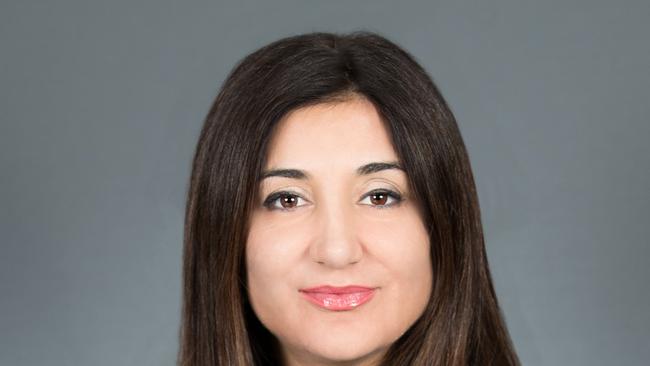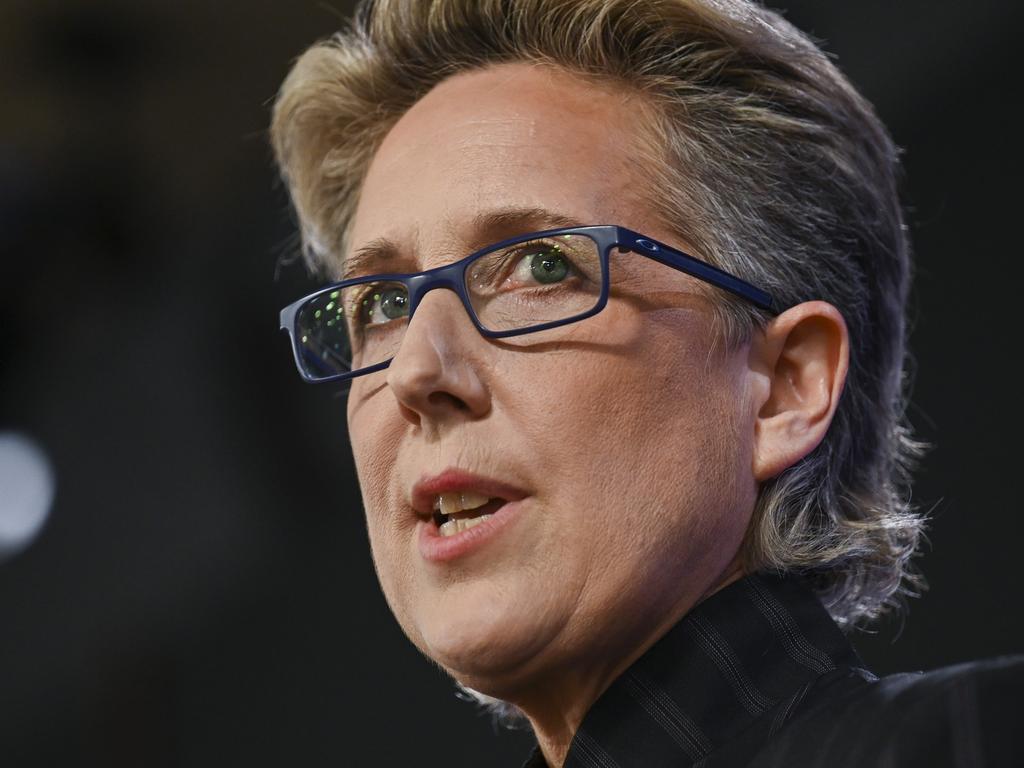Less connected, less valued in the post-Covid workplace
Almost one in three workers experience discrimination and/or harassment, new research finds.

Australians are feeling less connected or valued in their post-Covid workplaces, with nearly one in three saying the have experienced discrimination or harassment, or both, research by Diversity Council Australia finds.
DCA chief executive Lisa Annese said while many people behaved as though the global pandemic was firmly behind us, workers were still recovering from the “shared trauma of these past few years”.
“Workplaces are adjusting to the latest ‘new normal’, grappling with questions around flexible working, AI technology, inflationary pressures and growing skills shortages,” she said. “Meanwhile, employees are still processing the trauma and disruption of the past few years, fuelling a growing disillusionment with traditional working arrangements.”
She said the DCA’s latest Inclusion@Work Index based on interviews with 3000 workers was uniquely positioned to capture the state of inclusion and diversity in post-pandemic Australia, as it drew comparisons with releases during and before the pandemic.
“During the pandemic, people’s feelings of workplace cohesion, feeling part of the team, was scoring reasonably highly, and they have really dropped,” she said. While levels of discrimination, harassment and other forms of exclusion eased during the pandemic, data from the 2023-24 Index shows these trends reversing in post-pandemic workplaces.
Almost one in five workers did not feel valued, respected or able to contribute and progress at work in 2023, a figure that has nearly doubled since 2019.
More workers felt their manager did not behave in an inclusive way, with 27 per cent reporting their managers did not value differences, treat everyone fairly or deal with inappropriate behaviour – a 9 per cent rise from 2021 and up 6 per cent from 2019.
The rise in discrimination and harassment to 30 per cent was up by eight percentage points compared to 2021.
Discrimination and/or harassment was experienced by 59 per cent of First Nations workers surveyed; 42 per cent of workers with disability; 40 per cent of workers with a non-Christian religion and 37 per cent of LGBTIQ+ workers.








To join the conversation, please log in. Don't have an account? Register
Join the conversation, you are commenting as Logout